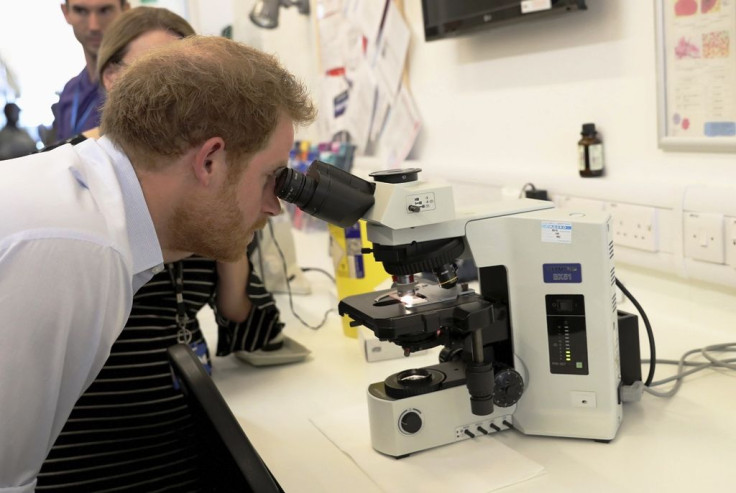Gonorrhea Treatment May Soon Become Ineffective As STD Shows Resistance To Azithromycin

Antibiotic azithromycin may soon show no effect on gonorrhea as the sexually transmitted disease is increasingly showing resistance to the drug, the U.S. Centers for Disease Control and Prevention (CDC) warned in a report released Thursday. Azithromycin, used to treat bacterial infections, is the only treatment left to treat gonorrhea, the second-most common sexually transmitted infection in the U.S.
According to CDC, the percentage of gonorrhea cases that has become resistant to the drug increased by more than 400 percent from 2013 to 2014, giving rise to concerns that it may soon become untreatable.
“What we are seeing in the surveillance data is what we think is an early indication of potential resistance,” report author Dr. Robert Kirkcaldy, an epidemiologist in the CDC’s Division of STD Prevention, said. “If this becomes more widespread, it could jeopardize treatment of gonorrhea.”
Currently, CDC recommends a therapy that combines an oral dose of azithromycin with an injected dose of ceftriaxone. But the authors of the report have expressed worry that the infection will develop resistance soon.
“We think the combination therapy can prolong the treatment efficacy, but we know eventually it will develop resistance,” Kirkcaldy told UPI. “What's happened with gonorrhea is it's a smart bug that mutates. It has sequentially knocked through [other antibiotics] like dominoes, and as the resistance has grown, the CDC has changed its guidelines.”
The CDC is continuing to recommend the combination therapy for gonorrhea treatment and is hoping that if gonorrhea shows resistance to azithromycin, it may respond to the second drug. According to Kirkcaldy, doctors should not use azithromycin alone for the treatment.
“There is this perfect storm where the antibiotic market is going dry and the bacteria continues to develop resistance,” Kirkcaldy said. “Now there is just one remaining treatment option. We want to prevent untreatable gonorrhea from happening.”
According to the CDC, 350,062 gonorrhea cases were reported in the U.S. in 2014. Although the infection is not deadly, it may cause pelvic inflammatory disease in women which could lead to infertility, ectopic pregnancy and chronic pelvic pain, the research said.
© Copyright IBTimes 2024. All rights reserved.






















